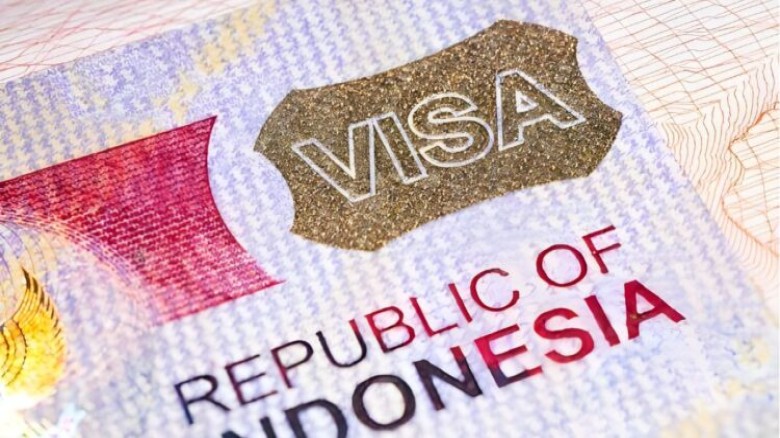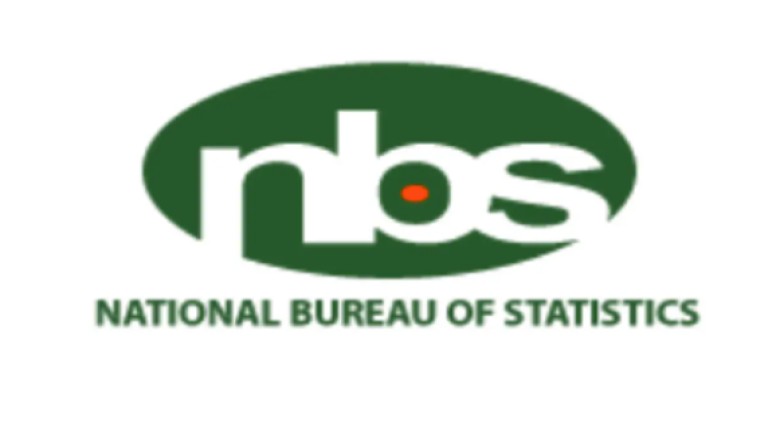N40,000 rice initiative targets public servants, others to follow
The Federal Government has launched a new program to reduce the load on residents. This scheme, which comprises the sale of 50 kg sacks of rice at a discounted price of N40,000, is a strategic effort to tackle the country's severe food inflation.The project is intended to prioritise public officials in the early stages, with plans for wider distribution to provide equitable access across all states.
The strategy to rice distribution takes into account both transparency and justice. The administration aims to use an already well-organised data system to route the initial batch of rice sales to public officials.
This method makes use of the National Identification Number (NIN), which is useful in keeping correct records and preventing abuse. Such safeguards are critical in preventing potential corruption and ensuring that the benefits of this action reach their intended beneficiaries.
The choice to prioritise public officials is based on the premise that this group is less likely to abuse the system due to the robust data and identification measures in place. Once this phase is completed, the remaining rice will be distributed to states, allowing for a more thorough distribution strategy that aims to reach all parts of the country. This rigorous technique is intended to ensure that rice is distributed equally and that all states have access to this vital resource.
In addition to rice distribution, the Federal Government has set up distribution centres throughout the country where residents can purchase rice. Although the exact locations of these centres have not been revealed, the installation of these centres shows a coordinated effort to make rice available to those in need.
This measure is part of a larger attempt to offset the impact of excessive food inflation, which, according to the Nigeria Bureau of Statistics, was at a shocking 40.87% year on year in June 2024.
The government's response to food inflation extends beyond rice distribution. These steps include releasing wheat from stocks and supplying farmers with fertiliser in an attempt to keep food prices stable. Despite these attempts, food costs have risen, reflecting Nigeria's greater economic woes.
























Leave A Comment